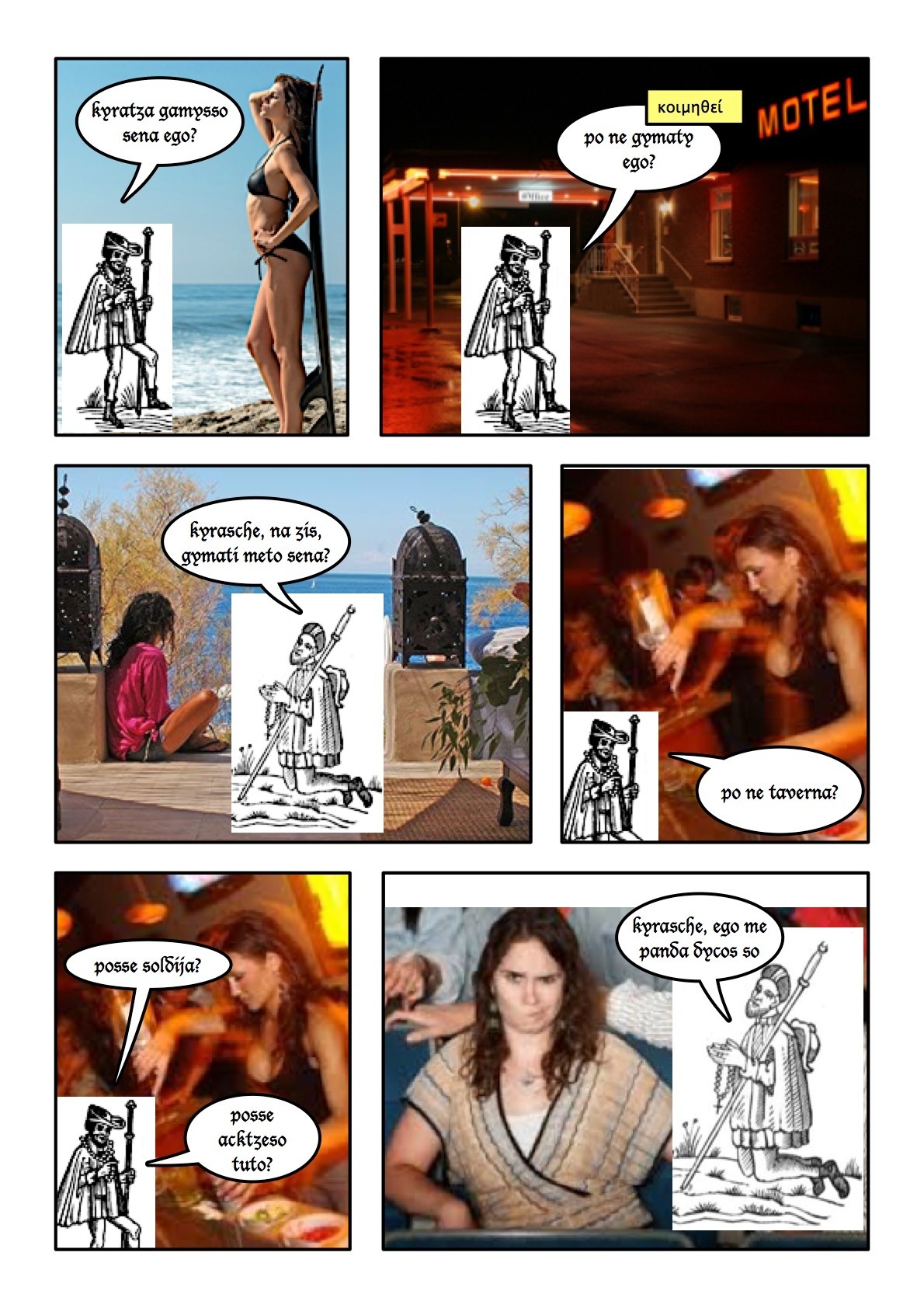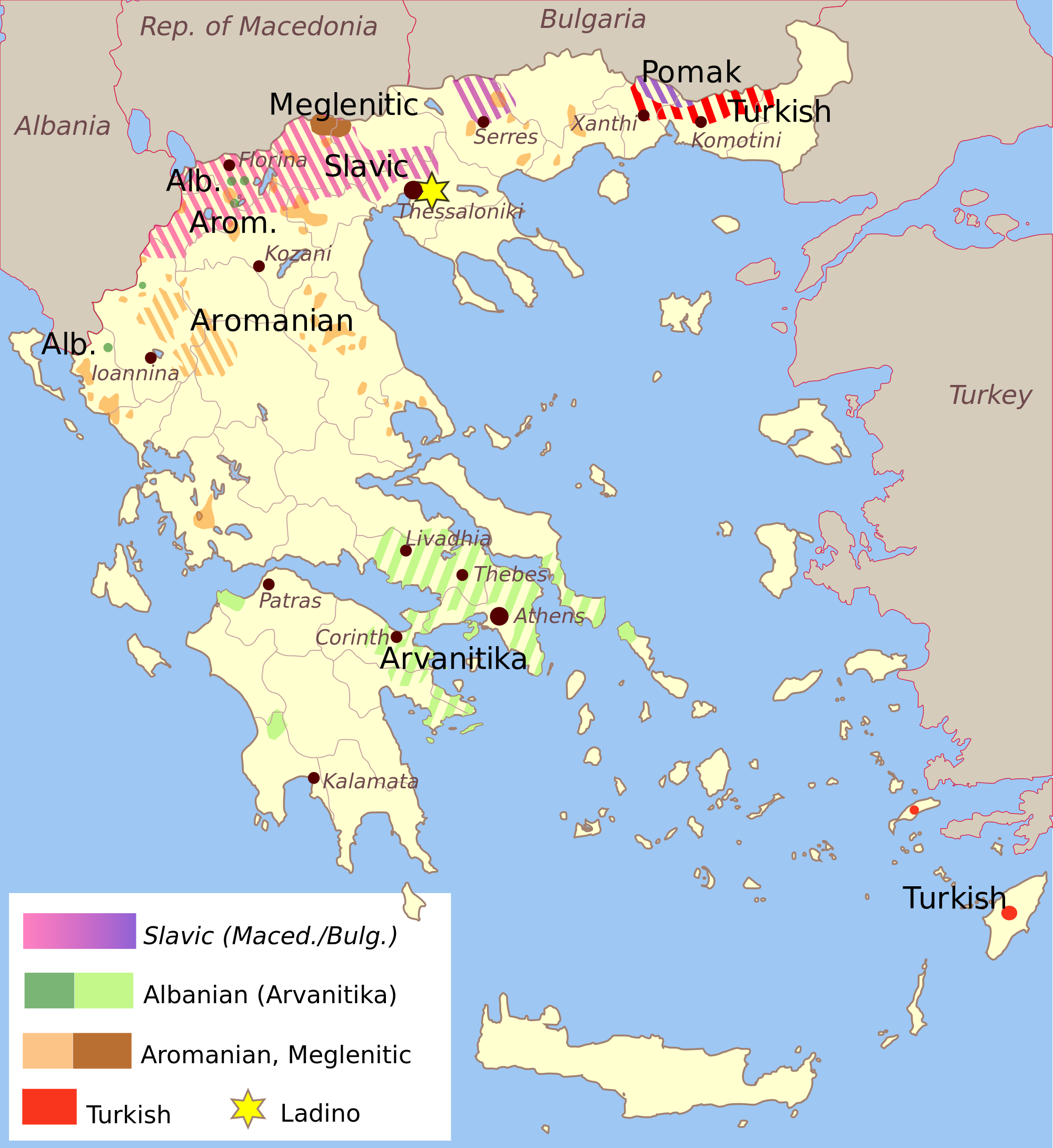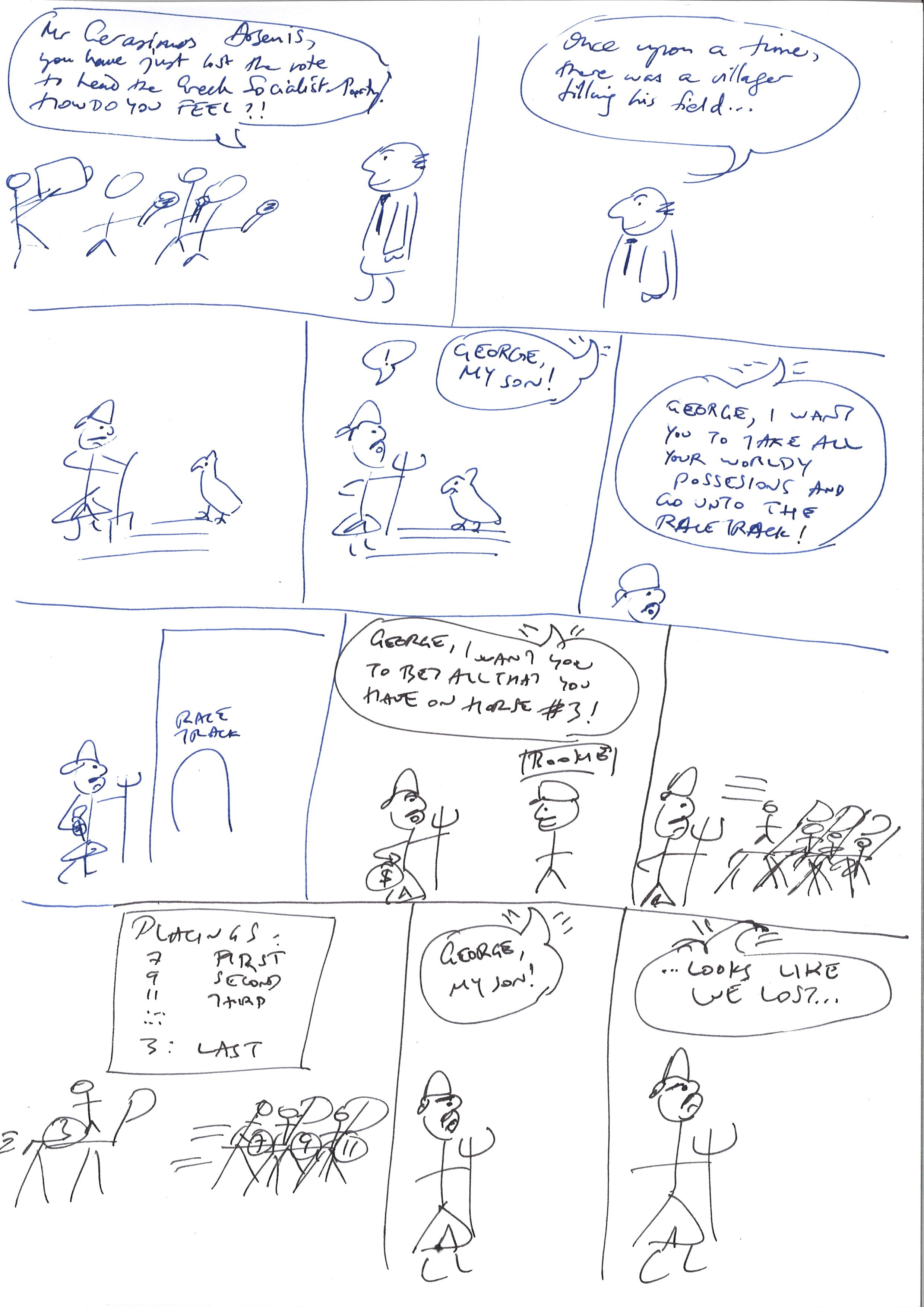I normally pass on answering these readily Googleable questions, unless I can say something linguistically interesting about them. It’s your lucky day, Anon.
Two main ways of rendering “welcome” in Modern Greek.
1. Καλώς ήρθες (singular), καλώς ήρθατε (plural): kalos irθes, kalos irθate. Literally, “well you came”; so it corresponds exactly to English welcome.

More importantly, it corresponds exactly to Turkish hoş geldin (sg), hoş geldiniz (pl).

There are many such correspondences between Turkish and Greek, and it’s often quite hard to work out which came first.
The well word, καλώς, is in the archaic form, though that may well be genuine archaism and not Puristic—I’ve seen nothing in the earlier vernacular to suggest that καλά ήρθες was ever used. You will often see the more puristic verb forms, καλώς ήλθες and καλώς ήλθατε, kalos ilθes, kalos ilθate, particularly in more formal/written contexts.

2. Καλώς όρισες (sg), καλώς ορίσατε (pl), kalos orises, kalos orisate, “well you commanded”. This one is more interesting.

Commanding is what a master does to a servant; so you can say “command (me)” to indicate that you are prepared to act like someone’s servant; it’s the same as “at your service” in English.
(At this point you may be reminded of that fine Age of Mythology command, prostagma: What does “Prostagma” mean in Greek? But prostagma is what you give a soldier, not a servant.)
So when the guest comes to you as a host, you as a host get to tell them you’re quite happy to be at their service: “well may you be commanding me”.

The “at your service” equivalent itself in Greek is “command!” This should have been ορίσετε orisete in the politeness plural, but it’s always rendered as the reduced form ορίστε oriste. It originally meant “at your service”; you use ορίστε in Modern Greek to mean “go ahead, I’m listening.” Which is a short distance from “at your service”:
—Nick!
—Oriste. [At your service]
—Take out the trash and stop spending time on Quora!
—Grumble grumble.
It can also be used to mean “here you go”; the shift is from “I am at your service” to “I am complying with your request through this”:
—Nick, will you get me a cracker?
—(handing over a cracker) Oriste. (Here you go.) [I am complying with your request, which is part of me being at your service.]

You can also used ορίστε as a question: “… at your service?” It corresponds to “pardon me?”, when you haven’t heard what the other person has asked for, or you’re having trouble believing what the other person has asked for. The implication is that you’re quite happy to be at their service, but you’re putting a question mark on it because you haven’t quite understood how you’re supposed to be at their service.
—Mumble mumble mumble please?
—Oriste? (Pardon?) [I’d… like to be at your service; what’s the service again?]
—I said: Take out the trash and stop spending time on Quora!
—Grumble grumble.
—Vicky Gunvalson is a fine human being, and an exemplar to our nation.
—… Oriste?! (WTF?!) [I’d… like to be at your service, if only I can be certain that I heard you right and you are not in fact a lunatic]

And moving further, ορίστε μας “oriste to us”, is an expression of disgruntlement: “how rude! how shameful! what a mess”. Holton et al.’s reference grammar explains it as an ethical dative: “Here you go [referring to a situation that’s crap] for us”.
The singular form, όρισε orise, is what you’d have expected before the 19th century. I’ve only found it in the reduced form όρσε, orse. In 17th century Cretan, it already means “go ahead”: (Stathis IV 174: Όρσε, Πετρούτσο “Go ahead, Petruccio”—spoken by the pedant to a servant, so it’s no longer the literal “at your service”.) But it also has already shifted to mean “here you go”: Anthimos Diakrousis, War of Crete, 6.621: Ὅρσε τὰ κλειδιά, τὸ κάστρον εἶν’ δικό σου, “Here’s the keys, the fortress is yours”—spoken by the Venetians surrendering Canea/Hania to the Ottomans.
In Modern Greek, it’s moved further still: it’s stereotypically Ionian islander, and it’s the exclamation associated with the mountza (the equivalent of flipping the bird)—which elsewhere goes with νά “behold!”. So “here you go” > “take that”, Vicki Gunvalson! [splat].

Which is a very, very far way to go from “at your service”.
3. Both the “welcome” and the “here you go” senses of oriste are also present in the Turkish equivalent verb, buyurun:
does anyone know what does the turkish phrase “buyurum efendim” means?
Buyurun efendim, literally “Say your wish, sir/madam”, used either when giving someone something (“Here you are”), or an invitation to come in or sit down (“Please do come in” or “Welcome”)

Again, it’s chicken and the egg about which language came up with it first, though the Cretan examples predate Ottoman rule of Crete, so they suggest Greek before Turkish.
4. Btw, there is an English cognate to oriste and those other forms of “command”, though it is reasonably obscure. orizō is originally “to define, to delimited”. The past tense of Greek that is not delimited is the one whose aspect is open-ended—it could be either completed (perfective) or ongoing (imperfective). That’s the Simple Past of Greek, and its name is “undelimited”, a-orist.
I was hoping orison was related as well; but etymologists who actually know what they’re doing it know that it’s from French oreison < Latin oratio.
5. Both καλώς ήρθες and καλώς όρισες are spoken by the host to the visitor. The visitor formulaically responds καλώς σε/σας βρήκα/βρήκαμε, “well I/we have found you (sg/pl).” This is spoken on initial greeting; it is also spoken when you sit down to eat together.

Or, apparently, when you’re performing to an audience to thousands.
And, what do you know:

Hoş bulduk = καλώς σας βρήκαμε. As in:

“Well have we found you, Vienna and Prague”. “Well found”, not “well commanded”. Because Vienna and Prague are the hosts, and we’re the guests.
First attempt at a Quora-idiomatic pic-heavy post… about Greek grammar. Nah, I don’t think it works…


















